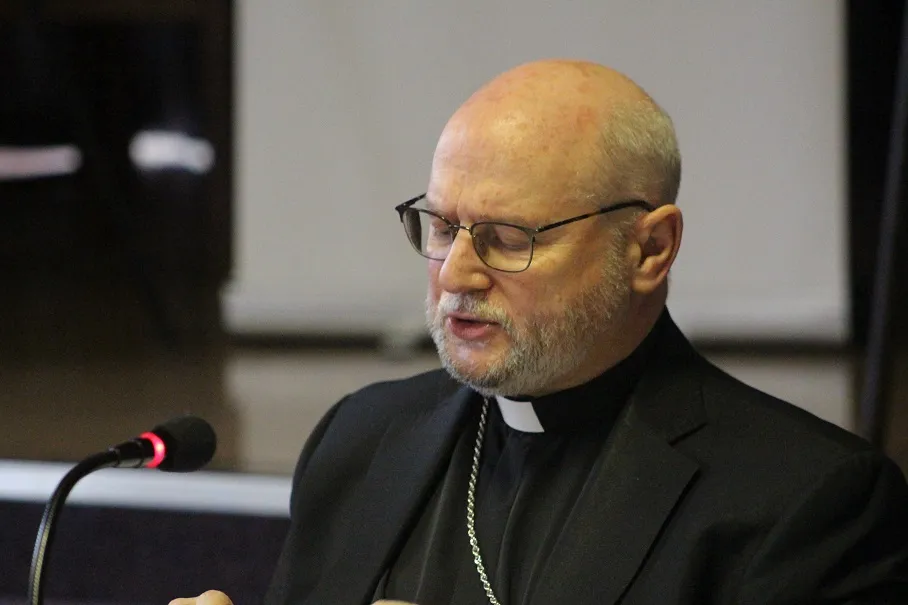Johannesburg, 06 October, 2022 / 10:05 pm (ACI Africa).
The Apostolic Nuncio in South Africa, Archbishop Peter Brian Wells, has called on Catholic Church leaders to not only lead the people of God under their pastoral care, but to also be a “brother” to their respective congregations.
In an interview with ACI Africa about his diplomatic mission in Southern Africa, the representative of the Holy Father in Botswana, Eswatini, Lesotho, Namibia and South Africa said, “One of the things that I have learned… and I think it's a lesson that all people in leadership in the Church should learn, is that, especially as a Bishop today, not only are you called to be a father to the congregation, to your flock, you're also called to be a brother.”
“But you're also called to be a son at times, which means that you have to be humble enough and listen, and to let the elders take your hand and lead you where you need to go, and not be afraid of being criticized or at times scolded for something you did. It only makes you better”, said Archbishop Wells in the Monday, October 3 interview.
He added, “That is a life lesson that I've learned that I think has been extremely important in a place like Africa. Africa has so much wisdom to offer, if you only listen and watch, and look.”
The American-born Vatican diplomat further said that during his six and a half years in Southern Africa, he noticed that the church in the areas he said he had “served as a minority”, is not as vocal as it used to be during the time of apartheid.








